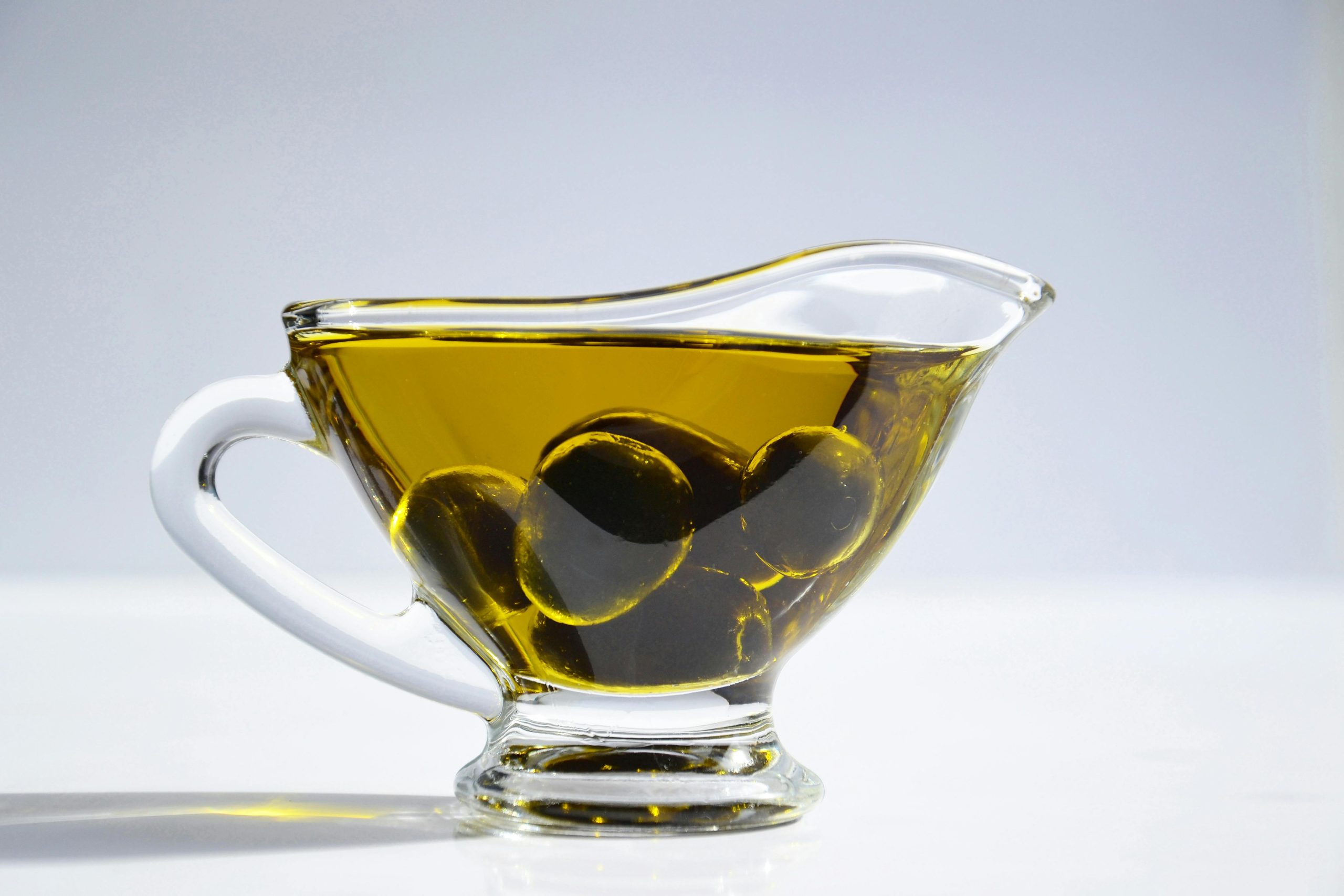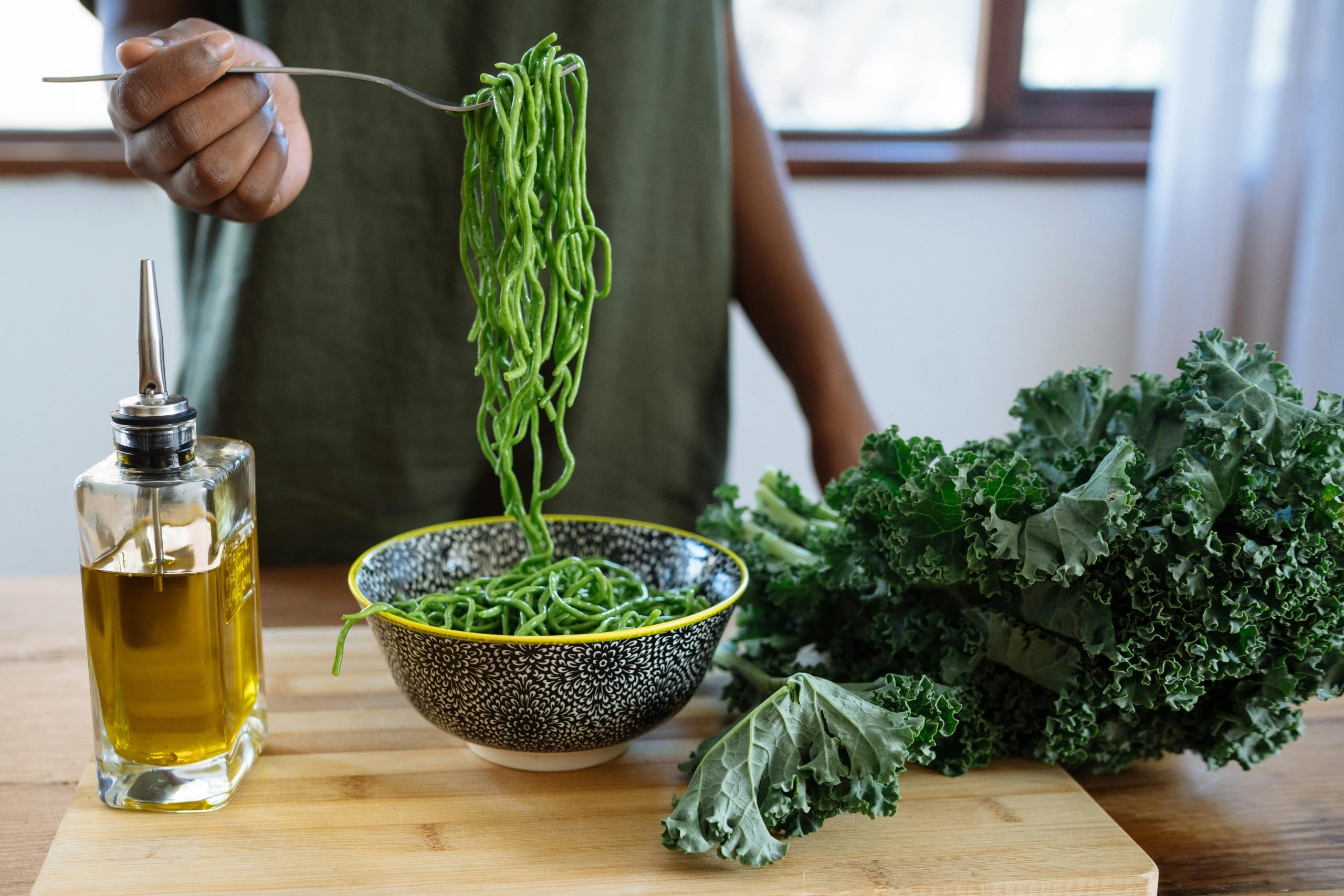Health Benefits of Olive Oil: A Comprehensive Guide - 4 minutes read
Welcome to our comprehensive guide on the health benefits of olive oil. In this article, we’ll explore the myriad ways in which incorporating olive oil into your diet can positively impact your health. From its rich antioxidant content to its potential role in reducing the risk of chronic diseases, olive oil truly is a remarkable addition to any healthy lifestyle.
The History of Olive Oil
Ancient Origins
Olive oil has been a staple of Mediterranean cuisine for thousands of years, with evidence of its use dating back to ancient civilizations such as the Greeks and Romans. These cultures not only valued olive oil as a food source but also recognized its medicinal properties.
Modern Production
Today, olive oil is produced in many countries around the world, with the Mediterranean region remaining the largest producer. The process of extracting olive oil has evolved over time, but the basic principle remains the same: pressing ripe olives to extract their natural oils.
Nutritional Profile of Olive Oil
Olive oil is renowned for its rich nutritional profile, containing a variety of vitamins, minerals, and beneficial fatty acids. Here’s a closer look at some of the key nutrients found in olive oil:
Monounsaturated Fats
Olive oil is primarily composed of monounsaturated fats, particularly oleic acid. These healthy fats have been linked to numerous health benefits, including improved heart health and reduced inflammation.
Antioxidants
Olive oil is rich in antioxidants, such as vitamin E and phenolic compounds. These antioxidants help protect the body against oxidative stress and may reduce the risk of chronic diseases, including cancer and Alzheimer’s disease.
Health Benefits of Olive Oil

1. Heart Health
Numerous studies have shown that olive oil consumption is associated with a reduced risk of heart disease. The monounsaturated fats in olive oil can help lower LDL cholesterol levels and improve overall heart health.
2. Weight Management
Including olive oil in your diet may also aid in weight management. Despite being calorie-dense, olive oil has been shown to increase feelings of fullness and satiety, potentially reducing overall calorie intake.
3. Brain Function
The antioxidants found in olive oil have been linked to improved brain function and a reduced risk of cognitive decline. Some research suggests that olive oil may help protect against conditions such as Alzheimer’s disease.
4. Skin Health
Olive oil is not only beneficial when consumed internally but also when applied topically. Its moisturizing properties make it a popular ingredient in skincare products, helping to hydrate the skin and improve overall complexion.
Incorporating Olive Oil Into Your Diet

Cooking
Olive oil is incredibly versatile and can be used for cooking, baking, and salad dressings. Opt for extra virgin olive oil for maximum flavor and nutritional benefits.
Drizzling
For a simple and delicious way to enjoy olive oil, try drizzling it over freshly baked bread or steamed vegetables. The rich, fruity flavor of olive oil adds depth to any dish.
Dipping
Create a flavorful dipping oil by combining olive oil with herbs, spices, and balsamic vinegar. Serve with crusty bread for a delicious appetizer or snack.
Conclusion
In conclusion, the health benefits of olive oil are undeniable. From its heart-healthy fats to its powerful antioxidants, olive oil offers a wide range of benefits for both body and mind. By incorporating olive oil into your diet, you can take a proactive step towards improving your overall health and well-being.
FAQs (Frequently Asked Questions)
1. Is olive oil suitable for all types of cooking?
Yes, olive oil is suitable for various cooking methods, including sautéing, roasting, and frying.
2. How much olive oil should I consume daily?
The recommended daily intake of olive oil varies depending on individual dietary needs and health goals. However, incorporating a few tablespoons into your daily diet can provide significant health benefits.
3. Can olive oil be used as a substitute for butter in baking?
Yes, olive oil can often be used as a healthier alternative to butter in baking recipes. However, keep in mind that it may alter the flavor slightly.
4. Is there a difference between regular olive oil and extra virgin olive oil?
Yes, extra virgin olive oil is made from the first pressing of olives and is considered the highest quality and most flavorful type of olive oil. Regular olive oil, on the other hand, may undergo more processing and have a milder flavor.
5. Are there any potential side effects of consuming olive oil?
While olive oil is generally safe for consumption, some individuals may experience digestive issues or allergies. It’s always best to consult with a healthcare professional if you have any concerns.
Featured image: ValentynVolkov/iStock